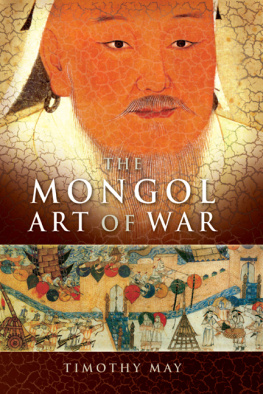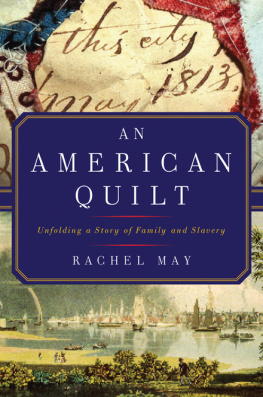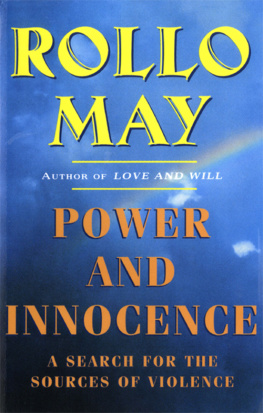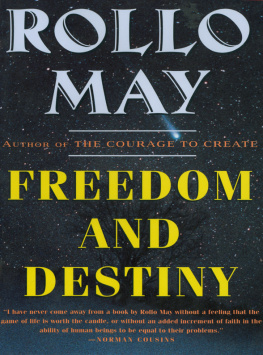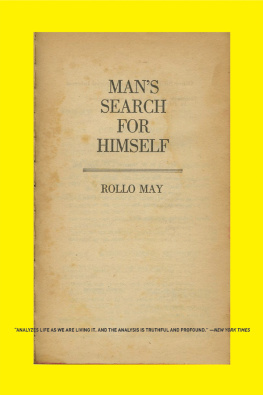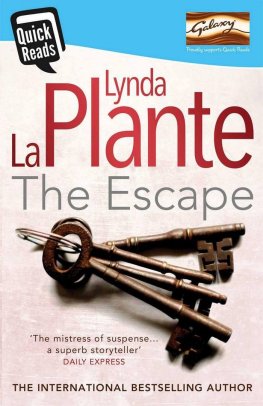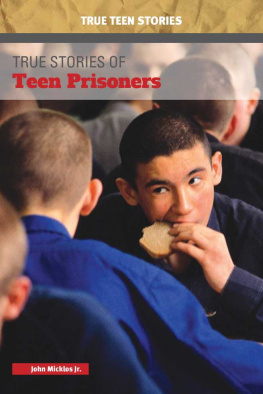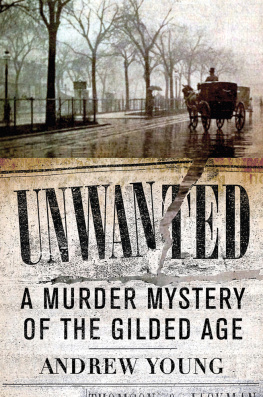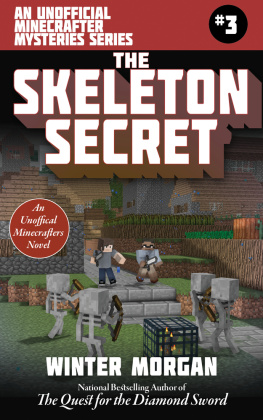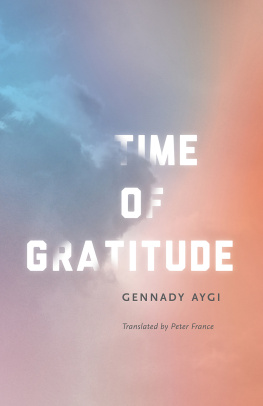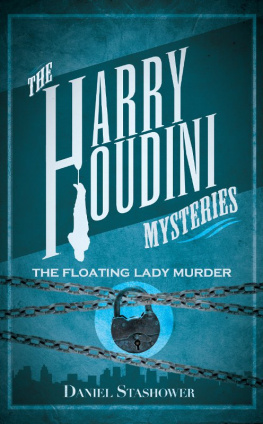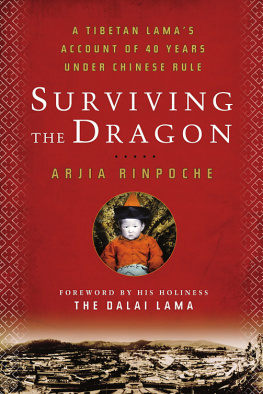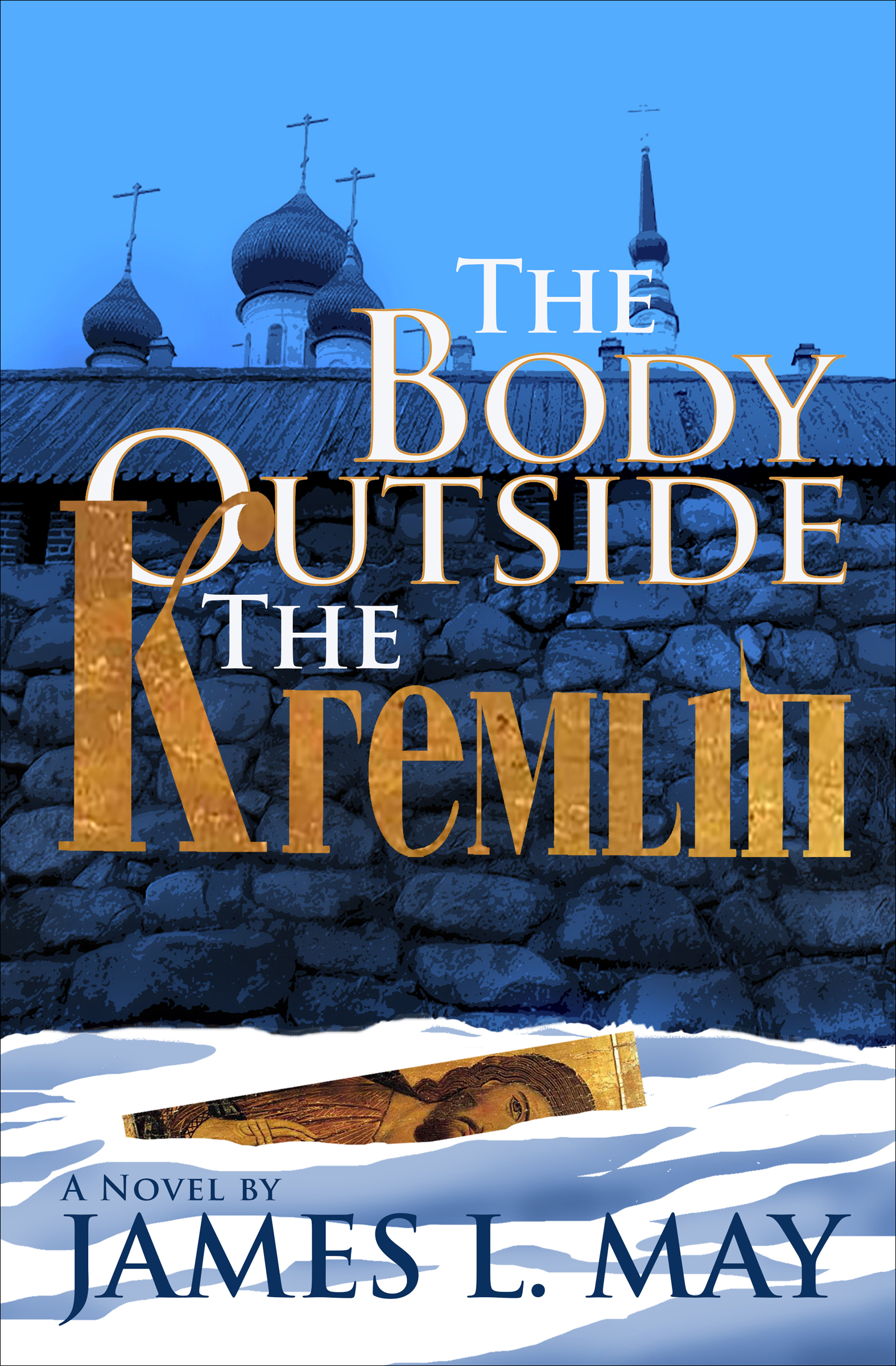All rights reserved, including without limitation the right to reproduce this book or any portion thereof in any form or by any means, whether electronic or mechanical, now known or hereinafter invented, without the express written permission of the publisher.
This is a work of fiction. Names, characters, places, events, and incidents either are the product of the authors imagination or are used fictitiously. Any resemblance to actual persons, living or dead, businesses, companies, events, or locales is entirely coincidental.
Copyright 2020 by James L. May
Cover design by Colin Dockrill
978-1-5040-6058-5
Published in 2020 by Delphinium Books, Inc.
P. O. Box 703
Harrison, NY 10528
www.delphiniumbooks.com

Distributed by Open Road Integrated Media, Inc.
180 Maiden Lane
New York, NY 10038
www.openroadmedia.com

For L.B.




Founded in 1986, Delphinium Books is committed to publishing original, important voices in both fiction and nonfiction. Our purpose is to recognize excellence in writing, and thereby bring it to public attention. Major book reviews and support from booksellers and librarians have contributed to Delphiniums growth and distinction. We pride ourselves on publishing such acclaimed authors as Helen Yglesias, Hctor Tobar, Eileen Pollack, Jospeh Caldwell, William Davidow, and the internationally renowned novelist Francesca Duranti. Delphinium is especially proud of the critical acclaim accorded to Rosina Lippis Homestead, winner of the 1999 PEN/Hemingway award for best first fiction.
With its mandate to provide a rich venue for exemplary writers of our generation, Delphinium proudly offers its readers the best in quality literature.
FIND OUT MORE AT
WWW.DELPHINIUMBOOKS.COM
FOLLOW US:
@DelphBks and Facebook.com/DelphiniumBooks
Delphinium Books is one of a select group of
publishing partners of Open Road Integrated Media, Inc.

Find a full list of our authors and
titles at www.openroadmedia.com
FOLLOW US:




The Body Outside the Kremlin
A Novel
James L. May

Part One
NATIVITY CATHEDRAL
Someone must have been telling the Information and Investigation Section about me and Gennady Antonov, for I was summoned from roll call for questioning the morning they discovered the body.
I picture myself in the moments before the summons came. A freezing and sickly young mana prisoner, waiting for the count of prisoners to finish so he could move and force a little heat into his arms and legs. From where I stood, I could look up from the ragged coats and hats worn by my fellow zeks to a pair of snow-swept churches, which hemmed us in on either side.
In the dark they were heaps of shapes. The towers of the larger Transfiguration Cathedral, were blackened, stunted, out of proportion: their cupolas had been lost in a fire. Men whod been here longer than I said it had happened two years before, shortly after the Bolsheviks took the place over from the monks. What remained was all arches, boarded windows, dirty whitewash slapped on brick and stone. Without the cupolas to anchor its shapes in the air, the whole structure floated off into abstractionflat in the light from the arc lamp, like geometry on gridded paper.
Seven.
Eight.
Nine.
The thirty-fourth group of ten.
That was concrete enough. I could hear the count taking place somewhere to my right. We were waiting to be tallied before they split us into our work detachments and gave us our assignments. In my customary spot, Id be part of the sixty-fifth or sixty-sixth group of ten. Between me and the tallys progress hung three hundred prisoners worth of fogged white breath.
This was October, 1926, on the island of Solovetsky, in the White Sea. I was twenty years old.
Being hungry enough for a long enough time can produce a sensation like moving backward very slowly while staring straight ahead. That morning, the objects before methe churches arcs and angles, the coats, the hats, the swollen features of my neighborsseemed to have receded a little more every time I looked at them, without my ever quite catching them in motion.
The counting stopped. When, after a minute or two, it hadnt resumed, the men around me began to murmur.
Then a new voice, shouting a name instead of counting: Bogomolov! Prisoner Anatoly Pavelovich Bogomolov!
The name was mine. It had never sounded quite so alarming. I couldnt think of any rule Id broken, but on Solovetsky the wheels of justice ground erratically. You could have a bad day and for an imaginary crime get a real bullet in your real head.
Better go quick, Tolya, my friend Foma muttered behind me, giving me a light push. Dont forget about yelling.
Faces turned to look as I hurried to the front of the column. Some pitied, others were resentful. Being singled out by name promised nothing good for the named zek : that was the pity. But a delay at roll meant a slow start on todays quota, less time before call of roll tomorrow for food and rest. Of that there was little enough alreadyhence the resentment.
Wind sluiced through the alley between the churches. Id felt it already, but stepping out from the sheltering mass of bodies made it worse. The company commander, a man named Graski, was waiting.
It was famous, Graskis sadism. When your work platoon was shaken out of bed at midnight to toil squelchingly at shoring up the walls of a canal, his name certified the orders. Our boots were thin and full of holes because of him. Weevils in your bread? Graski laughed about it somewhere. So, yes, sadismbut not of a very inventive kind. Too much work, too little food, noxious living conditions, the occasional beating to death of a prisoner by the guards, another prisoner being made to stand naked in the cold during winter or among clouds of mosquitoes in the summer: most of his monstrosities simply arose from his position. Even the most personal of his abuses towards ushe would require us to yell Good morning, Commander, more and more loudly in response to his Good morning, prisoners, until he grew boredwas tedious. But it was that we hated him for. That was what made us spit when we said his name.


